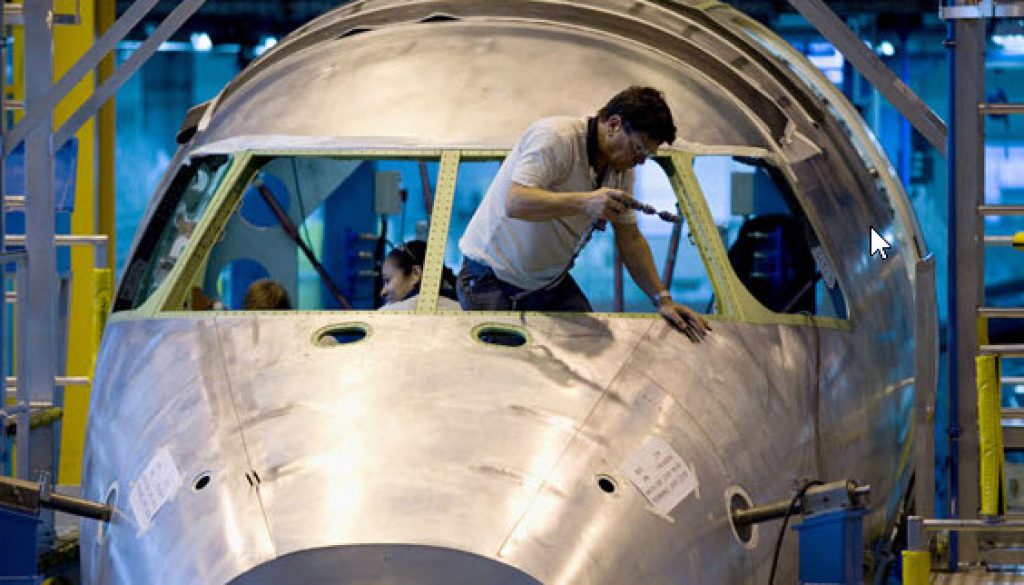US Shortage of Skilled Labor May Retard Manufacturing Growth
Many good numbers are coming out pointing to US job growth. But there are also many negative reports that seem to contradict the good news. Why are so many Americans not working? Is there a shortage of skilled labor in the US? Will bringing skilled labor jobs back home and renegotiating foreign trade deals answer the employment question in the US? Or is there more to this equation?
US Shortage of Skilled Labor
Unemployment reached 4.7% in the US at the end of 2016. This number is approaching what many call “full employment.” US job growth is certainly good news. But it’s only part of the story. 17 million Americans are seeking full-time employment while the number of job postings continues to rise. Why aren’t job postings translating into fewer Americans seeking employment? The fact is, those job postings are remaining unfilled for record lengths of time, and employers are reporting they simply cannot find workers with the right skills or experience to fill these roles.
America has a severe shortage of engineers, occupational therapists, manufacturing laborers, mathematicians, and many other skill sets. Baby Boomers, who were trained in skilled labor and production-oriented roles, are now retiring in droves. Will the next generation be able to replace them in the same kind of roles? Educational institutions believe they are providing young people with training relevant to the jobs they will face – yet employers overwhelmingly disagree.
Is renegotiating NAFTA and bringing manufacturing jobs back from overseas going to put more Americans to work? Will more jobs automatically equal more skilled labor to work them? What happens when the reality of shortage of skilled labor is realized? Or should we start asking different questions altogether? Questions like, where are the skilled laborers to fill these jobs? Why is US labor productivity declining? Why are job listings going unfilled? How can we better match American skills with the jobs available to them?
Skills vs. Jobs
If US laborers are not trained or experienced to meet the rising demand for skilled labor roles in the jobs market, US job growth will matter little. Many employers want highly experienced and trained labor for jobs currently open in the US – but they cannot find those workers domestically. Rather than punish those business executives for turning to automation and outsourcing, perhaps it is time to consider why Americans are not better suited for such jobs and how to better match them with the jobs currently available to them.
Unemployment numbers are not the only measure of a vibrant jobs market. Perhaps it is time to refocus the dialogue. US job growth is important, but without a labor pool trained and experienced for those new jobs, they will remain unfilled. Renewing the focus on vocational training academic cooperation with industry will go a long way in better preparing Americans to go to work. Likewise, common-sense international partnerships and trade policies will enable a better matched workforce in the US to better compete on a global scale.





